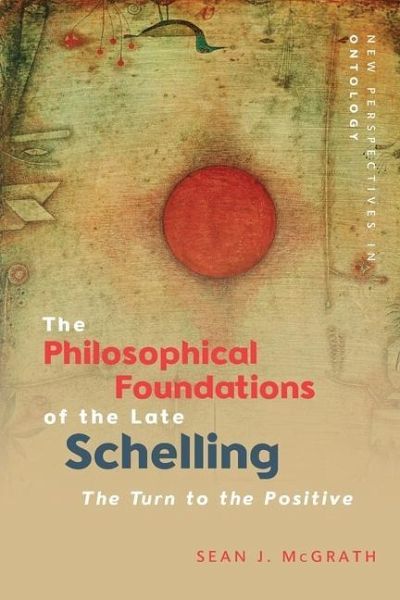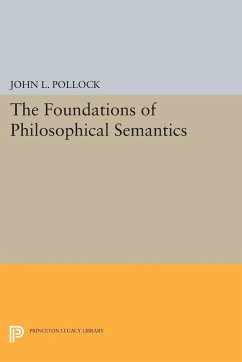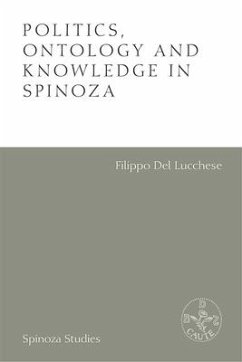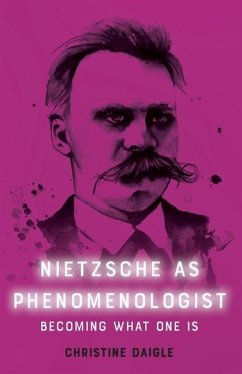
The Philosophical Foundations of the Late Schelling
The Turn to the Positive
Versandkostenfrei!
Versandfertig in über 4 Wochen
36,99 €
inkl. MwSt.
Weitere Ausgaben:

PAYBACK Punkte
18 °P sammeln!
An uncovering of the postsecular relevance of the late Schelling's Philosophy of Revelation Schelling's positive philosophy has long been recognised as the historical root of Marxism, existentialism and other central trends in continental philosophy, but its main argument has never been fully elaborated as a tenable philosophical strategy for thinking Christianity forward into its future. According to McGrath, Schelling's late turn to speculative theological realism, the positive, is neither fideistic nor arbitrary, but rather the consequence of the free decision of the philosopher who has sob...
An uncovering of the postsecular relevance of the late Schelling's Philosophy of Revelation Schelling's positive philosophy has long been recognised as the historical root of Marxism, existentialism and other central trends in continental philosophy, but its main argument has never been fully elaborated as a tenable philosophical strategy for thinking Christianity forward into its future. According to McGrath, Schelling's late turn to speculative theological realism, the positive, is neither fideistic nor arbitrary, but rather the consequence of the free decision of the philosopher who has soberly assessed the results of logic, nature-philosophy and historical-critical and systematic theology. This is a pioneering effort to reconstruct Schelling's argument for the truth of the doctrine of the Trinity and to assess its philosophical and theological validity. Sean J. McGrath is Professor of Philosophy and Theology at Memorial University of Newfoundland.













